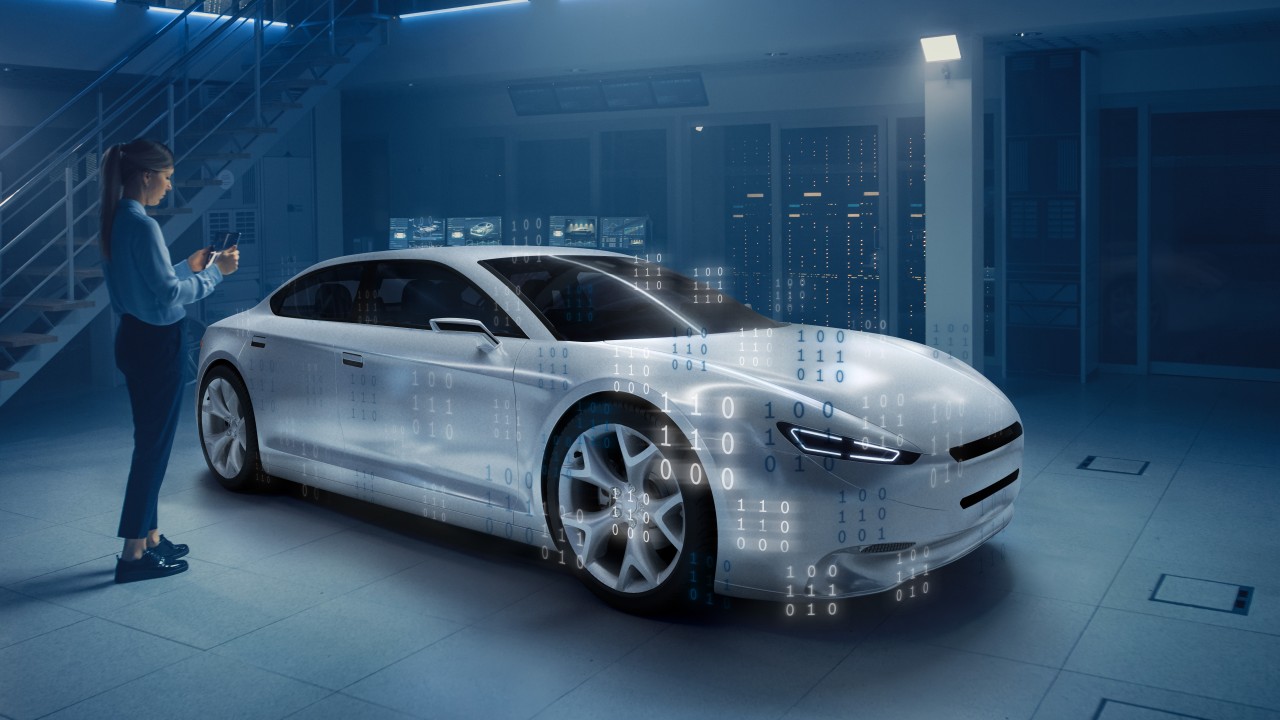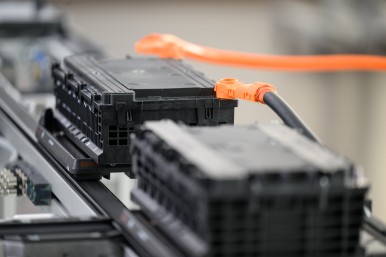Stuttgart and Munich, Germany – Bosch teams up with Microsoft to develop a software platform to seamlessly connect cars to the cloud. The goal of this collaboration is to simplify and accelerate the development and deployment of vehicle software throughout a car’s lifetime in accordance with automotive quality standards. The new platform, which will be based on Microsoft Azure and incorporate software modules from Bosch, will enable software to be developed and downloaded to the control units and vehicle computers. A further focus of the collaboration will be on the development of tools that increase efficiency in the software development process. This in turn will drive innovation and reduce development costs for vehicle software within and across organizations. For drivers, the platform will mean quicker access to new functions and digital services. The collaboration between Bosch and Microsoft combines the wealth of software, electronics, and systems expertise of the world’s leading automotive supplier with Microsoft’s know-how in software engineering and cloud computing. Both companies intend to make the new software platform available for first vehicle prototypes by the end of 2021.
“Bosch already securely updates car software over the air today. With the comprehensive platform for software-defined cars, we want to further empower automakers to develop new functions and get them on the road faster,” says Dr. Markus Heyn, member of the board of management of Robert Bosch GmbH.
“Our collaboration with Bosch brings together the expertise of one of the world’s leading automotive suppliers with the power of the Microsoft cloud, AI and GitHub,” says Scott Guthrie, executive vice president, Cloud + AI, Microsoft. “With software quickly becoming a key differentiator in the automotive industry, our ambition is to help businesses accelerate the delivery of unique mobility services across passenger cars and commercial fleets at scale.”
Developing the automotive future together
Software will play an increasingly important role in future vehicle generations. New trends such as electromobility, automated driving, and modern mobility services would not be possible without it. This will also require more frequent updates and upgrades in the future. However, stringent safety requirements throughout the vehicle’s lifetime make wireless software updates and digital services for cars very complex. The wide range of different series and models makes things even more challenging. The collaboration will benefit from Bosch’s deep understanding of electrical and electronic architectures, control units, and vehicle computers, which is necessary for over-the-air vehicle updates. In addition, the company will contribute its expertise as well as software-based products and development tools for cars. This includes the basic software and middleware for vehicle computers and control units, as well as cloud-based software modules to bring over-the-air updates to entire vehicle fleets. “Having a comprehensive software platform from the vehicle to the cloud will reduce the complexity of the software development and the vehicle system integration. In this way we will create the conditions for wireless updates to work just as smoothly and conveniently in vehicles as they do in smartphones,” Heyn says.
The pre-integrated platform will greatly reduce the complexity of over-the-air updates, which help ensure that a vehicle’s software is always up to date, thanks to the fact that the software architectures of vehicles and the cloud will now fit together seamlessly.
New software services for developers
Bosch and Microsoft also plan to enrich existing developer tools that will enable automakers and suppliers to simplify and accelerate their own software development, while adapting to the unique challenges in the automotive industry. The companies also plan to use GitHub’s fully integrated enterprise platform and to open-source important parts of the new software platform on GitHub.com to encourage code re-use and best practice sharing across the industry.







